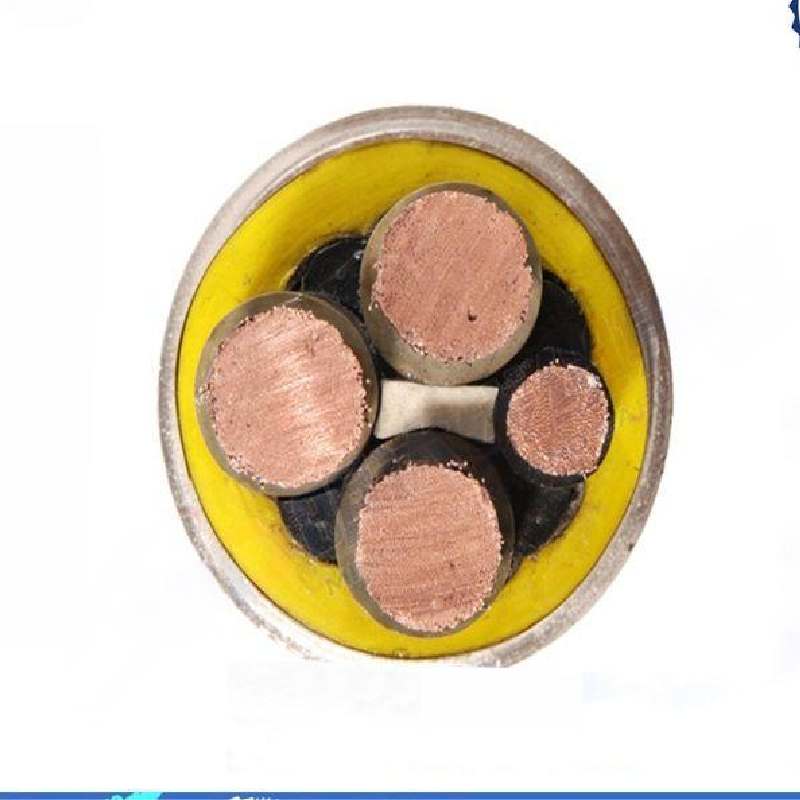Nov . 10, 2024 13:07 Back to list
Flanged Swing Check Valve Specifications and Applications Overview
Understanding Swing Check Valve Flange Type A Comprehensive Guide
Swing check valves are essential components in various piping systems, ensuring that fluids flow in one direction while preventing backflow. Among the different types of check valves, the swing check valve is distinguished by its unique design and functionality. It is commonly utilized in various industrial applications, including water supply, waste management, and process industries. In this article, we will explore the swing check valve with a focus on the flange type, its construction, benefits, applications, and maintenance considerations.
What is a Swing Check Valve?
A swing check valve operates on a simple yet effective principle. The valve contains a disc that swings on a hinge, allowing fluid to flow through when the pressure is sufficient. When the flow reverses, the disc closes due to gravity and fluid pressure, thus preventing backflow. This design is particularly effective for applications with high flow rates and low-pressure drops.
Flange Type Check Valve
Flange type swing check valves are designed to connect to piping systems through flanged connections. This configuration offers several advantages
1. Easy Installation Flanged connections facilitate easier installation and removal from the piping system. This is particularly beneficial in larger systems where space is constrained, allowing for quick maintenance and troubleshooting.
2. Robust Construction The flange type provides a robust connection, reducing the risk of leaks and improving the overall integrity of the piping system. The use of gaskets in flange joints ensures a tight seal, which is crucial in high-pressure applications.
3. Versatility Flange type swing check valves are available in various materials, including cast iron, stainless steel, and carbon steel, making them suitable for a wide range of applications, including corrosive environments.
Advantages of Swing Check Valve Flange Type
The flange type swing check valve offers numerous benefits
- Low Pressure Drop The streamlined design of the valve minimizes pressure loss in the system, enhancing the efficiency of fluid transport.
- Reliable Operation With fewer moving parts compared to other types of check valves, swing check valves are less prone to failure, ensuring reliable operation over time.
- Maintenance-Friendly The ease of access provided by the flange connection allows for straightforward maintenance and inspection, reducing downtime and operational costs.
swing check valve flange type

Applications
Swing check valve flange types are used in diverse applications, such as
- Water and Wastewater Management These valves play a crucial role in preventing backflow in treatment plants, pump stations, and sewage systems.
- Industrial Processes They are employed in various industries, including chemical, petrochemical, and food processing, where control of fluid direction is critical.
- HVAC Systems In heating, ventilation, and air conditioning (HVAC) systems, swing check valves help maintain proper flow direction within the system.
Maintenance Considerations
To ensure the longevity and efficient functioning of swing check valve flange types, regular maintenance is essential. Here are some key maintenance tips
1. Regular Inspections Periodically check for any signs of wear, corrosion, or damage, particularly in the disc and hinge mechanism.
2. Clean the Valve Debris and buildup can affect the performance of the valve. Regular cleaning should be part of the maintenance routine.
3. Check Gaskets and Seals Ensure that the gaskets and seals are intact and replace them if any signs of wear are visible to prevent leaks.
4. Test Functionality Conduct regular tests to ensure the valve operates smoothly, opening and closing without obstruction.
Conclusion
The swing check valve flange type is a vital component in various fluid management applications. Its robust design, coupled with easy maintenance and installation, makes it a preferred choice in many industries. Understanding the features, benefits, and proper maintenance of swing check valves can help enhance operational efficiency and prolong the lifespan of piping systems. As industries continue to evolve, the importance of reliable fluid control mechanisms like the swing check valve will only increase, highlighting the need for informed choices in valve selection and maintenance practices.
Share
-
Reliable Wafer Type Butterfly Valves for Every IndustryNewsJul.25,2025
-
Reliable Flow Control Begins with the Right Ball Check ValveNewsJul.25,2025
-
Precision Flow Control Starts with Quality ValvesNewsJul.25,2025
-
Industrial Flow Control ReliabilityNewsJul.25,2025
-
Engineered for Efficiency Gate Valves That Power Industrial PerformanceNewsJul.25,2025
-
Empowering Infrastructure Through Quality ManufacturingNewsJul.25,2025